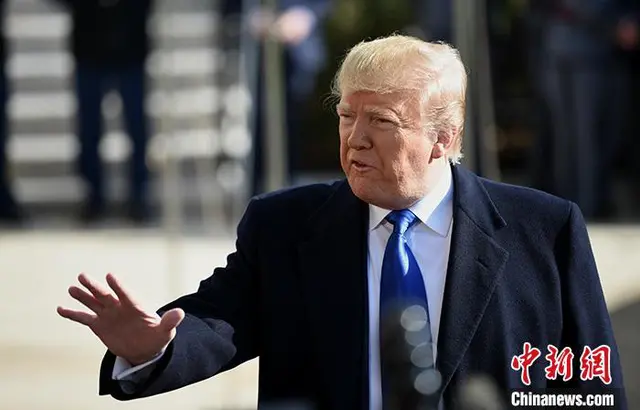After five months of negotiations aimed to restore diplomatic ties, Cuba will sit at the bargaining table again on Thursday with the United States, and highlight U.S. diplomats' "inappropriate behavior" on the island, which is the biggest concern to the Cuban leader.
With progress made on removing Cuba from U.S. list of state sponsors of terrorism and provision of banking service for Cuban diplomatic mission in Washington, disputes on U.S. diplomats' conduct becomes the last major obstacle on the path to restore diplomatic relations severed five decades ago.
In relation to the movement restrictions of U.S. diplomats in Cuba, Cuban President Raul Castro said what worries him most is that the U.S. diplomats might continue doing the illegal things they have been doing so far, according to Cuban News Agency (ACN)' s report on Tuesday.
"And these things can not be allowed to happen," Castro said.
The Cuban delegation will discuss on Thursday with the U.S. side on what the conduct of diplomatic missions should be, always on the basis of international regulations, said Gustavo Machin, deputy director general of the United States Office of the Cuban Foreign Ministry (Minrex), quoted by ACN.
On Wednesday, U.S. Assistant Secretary for Western Hemisphere Roberta Jacobson admitted at a Senate hearing that "significant differences" with Cuba remain, especially on human rights.
"We continue to raise our concerns regarding democracy, human rights, and freedom of expression," Jacobson said to U.S. lawmakers.
U.S.' "pro-democracy programs", including journalism and information technology training in Havana, has long been objected by Cuba as "illegal" training for government opponents and a violation of the Vienna convention on diplomacy.
"None of the functions contained in the Convention indicate that embassies are educational centers and this is part of the behavior of a mission and of what we should discuss," Machin said.
In the coming round of talks, both sides will discuss the function of the diplomatic missions and the behavior of their officials, along with other issues covered in previous rounds, with the objective of agreeing on the "when and how" of reestablishing diplomatic relations and opening embassies, Machin said.
Machin also emphasized the difference between establishing diplomatic relations and normalization, according to Cuban official daily Granma.
Establishing diplomatic relations can be accomplished with the provision of banking services for the Cuban mission in Washington; the definitive removal of Cuba from the list of state sponsors of terrorism; and agreement on the behavior of staff in the host country, Machin said.
But normalization is a more complicated process, which implies the total elimination of the blockage; the return of the illegally held naval base in Guantanamo; an end to subversive radio and television broadcasts; the cancellation of U.S. plans to promote regime change; and compensation for the damages caused the Cuban people over half a century of aggression, Machin explained.
After the December announcement of kicking off normalization of relations by Presidents Castro and Barack Obama, Cuba and U.S. have finished two rounds of talks in January, February aimed to restore diplomatic ties and a follow-up meeting in March. Progress has been made during the previous talks, but differences on major issues like the lifting of U.S. embargo against Cuba, returning of the Guantanamo bay still remain. Enditem
 简体中文
简体中文

